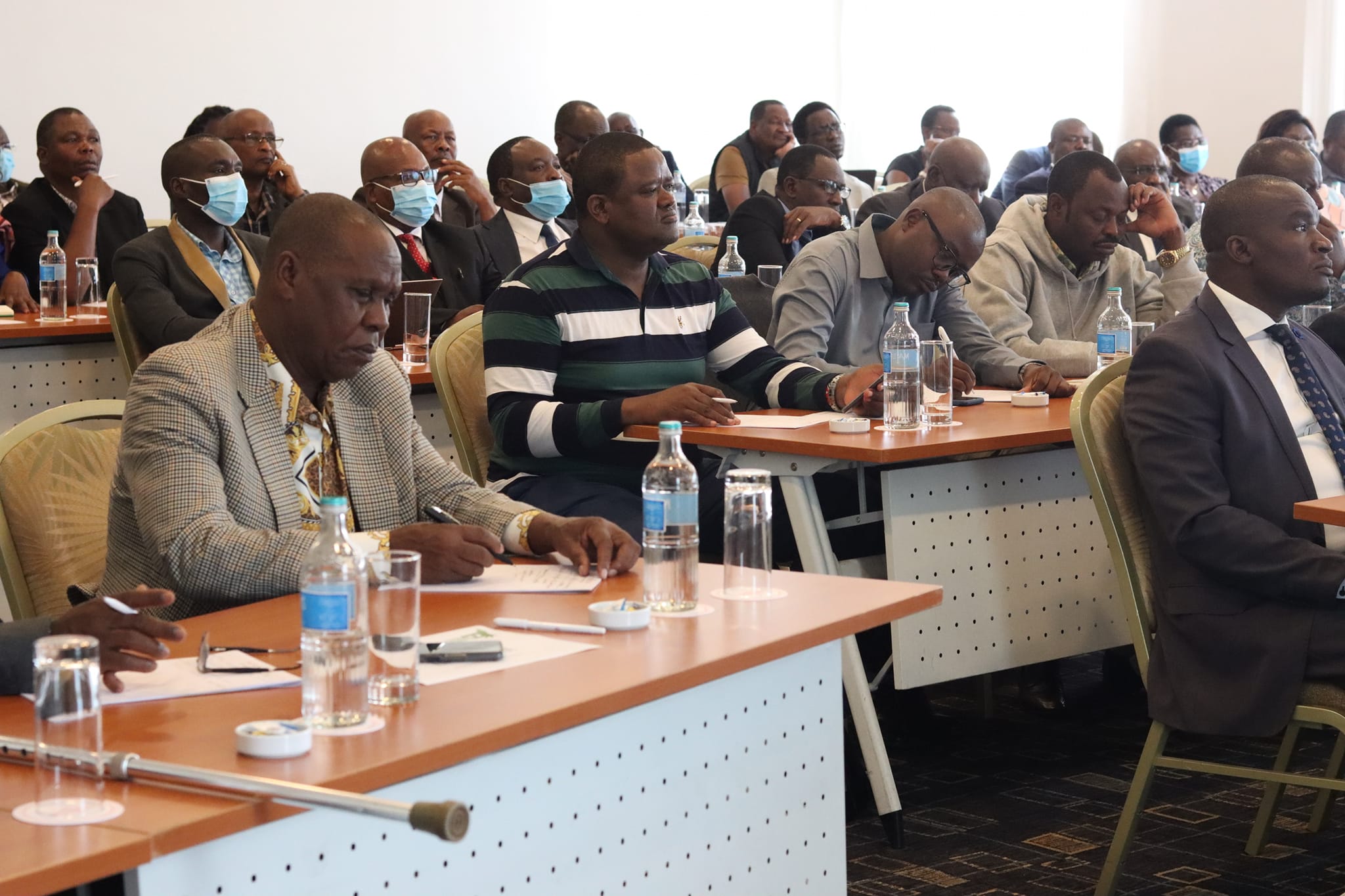Kenya Devolution Programme (KDP) – Timiza Ugatuzi, supported the Inter-Governmental Budget and Economic Council (IBEC) to draft a framework for the appropriation of Court fees and fines emanating from County legislations. The drafting took place at Simba Lodge Hotel in Naivasha, from 9th to 14th May 2022. The drafted framework was presented to the full IBEC Council chaired by the Deputy President on 31st May 2022, and was adopted as a resolution. Some of the key provisions of the framework include the need for certain administrative measures to be undertaken at both levels of government in order to address the outstanding issues on the collection and transfer of court fines and fees emanating from violation of County legislations. The proposed measures included:
- The County Governments who are still performing collection of court fines emanating from violation of their legislation relinquish the function to the Judiciary within three months of the establishment of the opening of the County Court Fines Account.
- The Judiciary finalizes the establishment of the separate registry for county related legislation. Further the Judiciary assign their staff to take over the fines collection relinquished by the above-mentioned county governments.
The necessity of the framework was informed by the needs for a legal framework, that creates uniformity in the collection and transfer of fines imposed under County legislations, from the national government to County governments. In addition, the framework will enhance the collection of Own Source Revenue (OSR) by County governments.
The genesis of the need for the framework is contained in a report by the Commission on Revenue Allocation (CRA), from the multi-agency technical team on Court fines and fees emanating from County legislation. The report indicated that different Counties and different Court stations were treating revenue from fines and fees emanating from County legislations differently. For instance, that 8 counties; Nairobi, Mombasa, Kisumu, Nakuru, Machakos (Includes Mavoko Laws Courts), Nyeri (Othaya Law Courts), Kiambu (Thika Law Courts) and Uasin Gishu County governments had stationed revenue staff at the Courts and they were collecting fines and fees emanating from their respective County related legislation directly. On the other hand, the Judiciary was collecting revenue from fines and fees through the Law Courts based in the remining 39 Counties across the country. The 39 Counties were therefore losing out on the aspect of Own Source Revenue since the Judiciary did not share the collected revenue with them directly.























